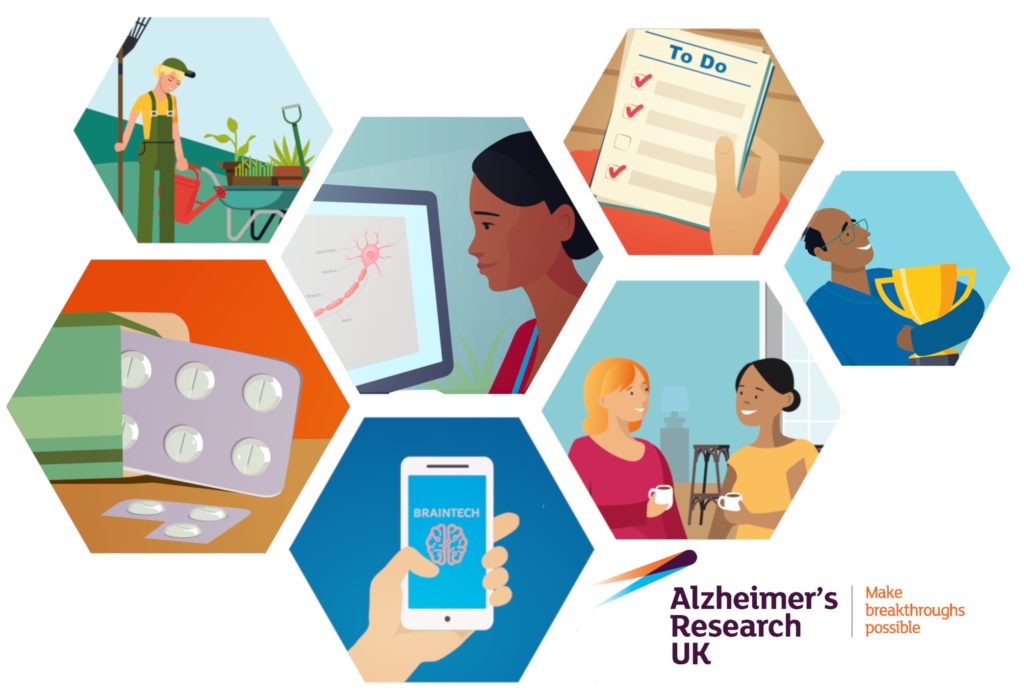Help shape future dementia treatments

If you have dementia or were to develop it, what activities and abilities would be most important for you to be able to continue?
That’s the focus of a new survey launched by Alzheimer’s Research UK, which could help shape future treatments for dementia.
The Shaping Future Treatments survey
Shaping Future Treatments is an online survey for everyone.
The survey asks for people’s views on the aspects of daily life that are most important to them, and which they’d most like to protect if they were to develop a disease that causes dementia.
For the best results, the survey needs the views of as many people as possible. You can take part whether you have a dementia diagnosis or not.
If you would like take part in the Shaping Future Treatments survey you can login to your Join Dementia Research account and click the link in your study matches.
If you haven’t registered already, sign up to Join Dementia Research today.
How this survey helps
Scientists across the globe are working to develop effective treatments for dementia.
There are over 240 potential new treatments for dementia in clinical trials, but there is currently little data available on what the general public would want to see from such a treatment.
This information will be crucial for regulators when they are asked to assess the new treatments coming through clinical trials.
Currently new treatments are assessed on their ability to alter markers of disease, improve performance on memory and thinking tests and impact a person’s day-to-day life.
However, there is little information in the UK about the aspects of daily life that are valued most highly by those with dementia or those facing the condition in the future.
Alzheimer’s Research UK aims to address this challenge by collecting views from as many people as possible on the things that would be most important to them to protect if faced with a diagnosis of dementia.
Working with researchers at the University of Edinburgh, the charity has launched the Shaping Future Treatments survey and is asking people with and without dementia to take part.
Make your voice heard
Graeme Armstrong, whose wife Trina is living with a rare form of Alzheimer’s disease, helped feed into the survey’s development. He said:
“Initially, Trina’s form of dementia just affected the way her brain processed visual signals. Picking out clothes became difficult and being unable to read to our grandchildren was very upsetting. Her condition has now progressed and Trina is not only functionally blind, but she has lost much of her short term memory. This combination means that she can no longer see her way around the house but neither can she remember the layout of the house or of individual rooms. In effect, almost every journey is made for the first time. This is much worse than losing her sight alone.
“We would love to see a new treatment that could help people like Trina, but we know that any new treatment would need to be deemed effective enough before it could become available. It’s hugely important that decision-makers know what matters to people like us, so I’d urge everyone to take part in this survey.”
The results of the survey will be used to help inform regulators and healthcare decision makers who will be tasked with assessing the next dementia treatments. They will also be shared with researchers who are working to develop future treatment approaches.

Take part in this study and see if you are eligible for others around the UK by logging into your Join Dementia Research account.
Not registered with Join Dementia Research? Why not sign up today?
